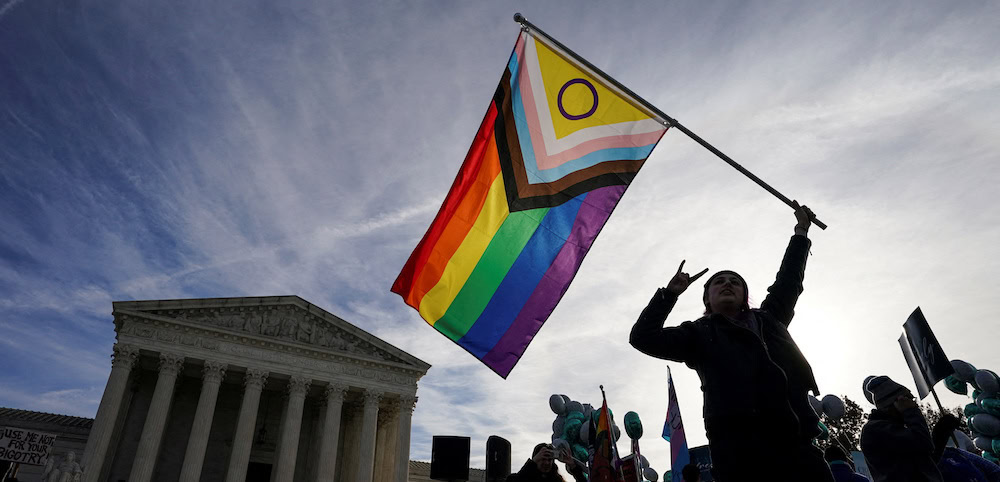
The criminality of commercial surrogacy
Recently, both Houses of the NSW Parliament passed the Surrogacy Bill 2010. The primary purpose of the legislation was to create a law to provide for a transfer of parentage mechanism.
Under the current state of law in Australia, when a couple wishing to have a child (“the intending parents”) enters into an arrangement with the surrogate mother, the law deems the surrogate mother and her married or de facto partner the parents of the child. This leaves the intending parents in somewhat of a legal vacuum, as in the eyes of Australian law they are not parents and do not have the authority to make decisions on behalf of the child.
The transfer of parentage mechanism under the Surrogacy Bill 2010 provides for a process whereby the status of the legal parent is transferred from the surrogate mother and her partner and then conferred upon the intending parents. This will only apply to altruistic arrangements.
The NSW legislation went further and made it a criminal offence for NSW residents to enter into a commercial arrangement, locally or overseas.
Over about the past five years Australian couples, whether same sex or opposite sex, have been entering into overseas commercial surrogacy arrangements in increasingly growing numbers. It is a more common type of surrogacy arrangement than altruistic. So when does a surrogacy arrangement become a commercial arrangement?
A commercial surrogacy arrangement includes the payment of a fee, reward or other material benefit or advantage to a person (whether the surrogate mother or a third person such as an agent) for any of the following: –
1. to agree to enter into or enter into the surrogacy arrangement;
2. surrendering the child to intending parents; or
3. consenting to the making of the parentage order in relation to a child of the surrogacy arrangement.
Under the legislation payment of the surrogate mother’s “reasonable expenses” is permitted, and will not result in the arrangement being commercial. “Reasonable expenses” includes payment of medical expenses of the pregnancy, insurance, legal costs and loss of income.
It is understood that the Surrogacy Bill 2010 will be proclaimed and become law in or about February 2011. The criminal provisions are not retrospective. The penalty for entering into any commercial surrogacy arrangement will include a fine of up to $110,000 or two years imprisonment.
What of those commercial surrogacy arrangements entered into prior to the law coming into effect? As the law is not retrospective, any payments made to the surrogate mother beyond her reasonable expenses before the law comes into effect will not be captured by the criminality provisions. However, if it is a commercial arrangement entered into before the legislation came into effect, the intending parents cannot access the transfer of parentage mechanism and the only mechanism available to them to acquire parental responsibility over the child is to seek a parenting order in the Family Court.
If anyone is contemplating entering into a surrogacy arrangement, it is strongly recommended they seek independent legal advice as to issues of parentage, whether the arrangement is illegal, and of what processes may need to be undertaken.
info: Paul Boers is a family law specialist who works at Craddock Murray Newman by day and volunteers at the Inner City Legal Service.









